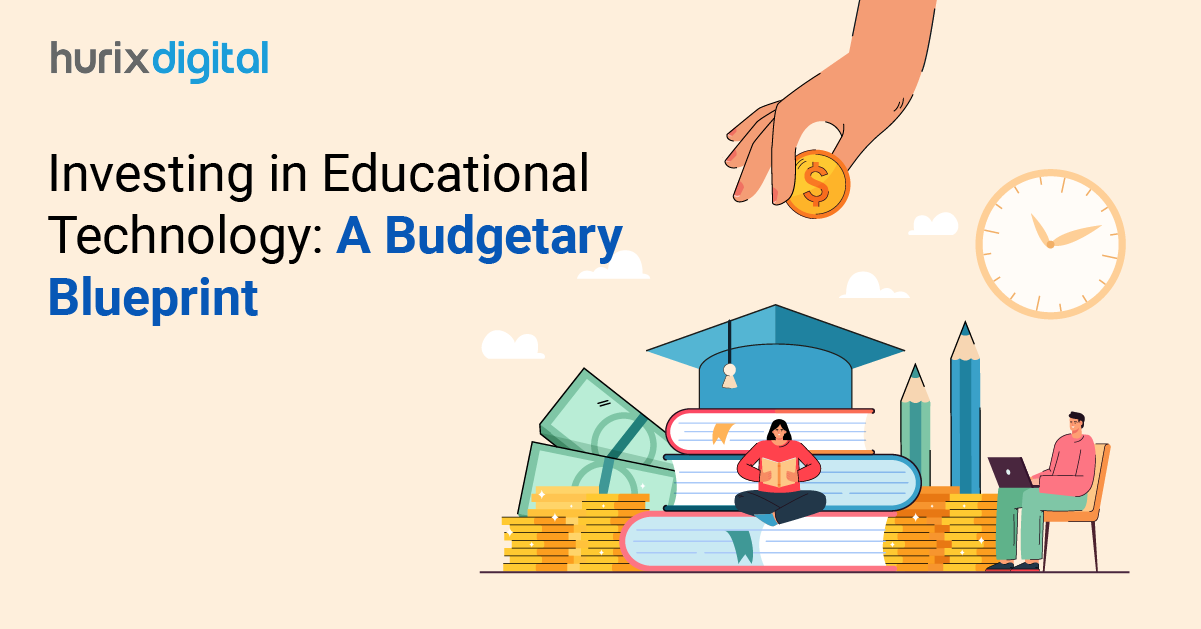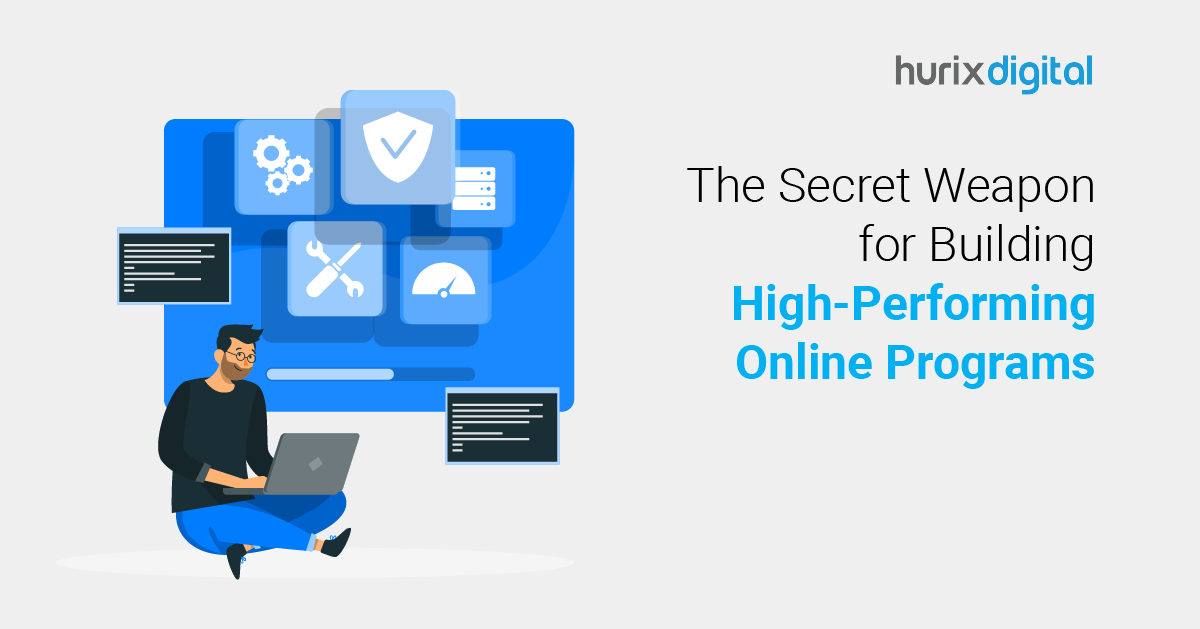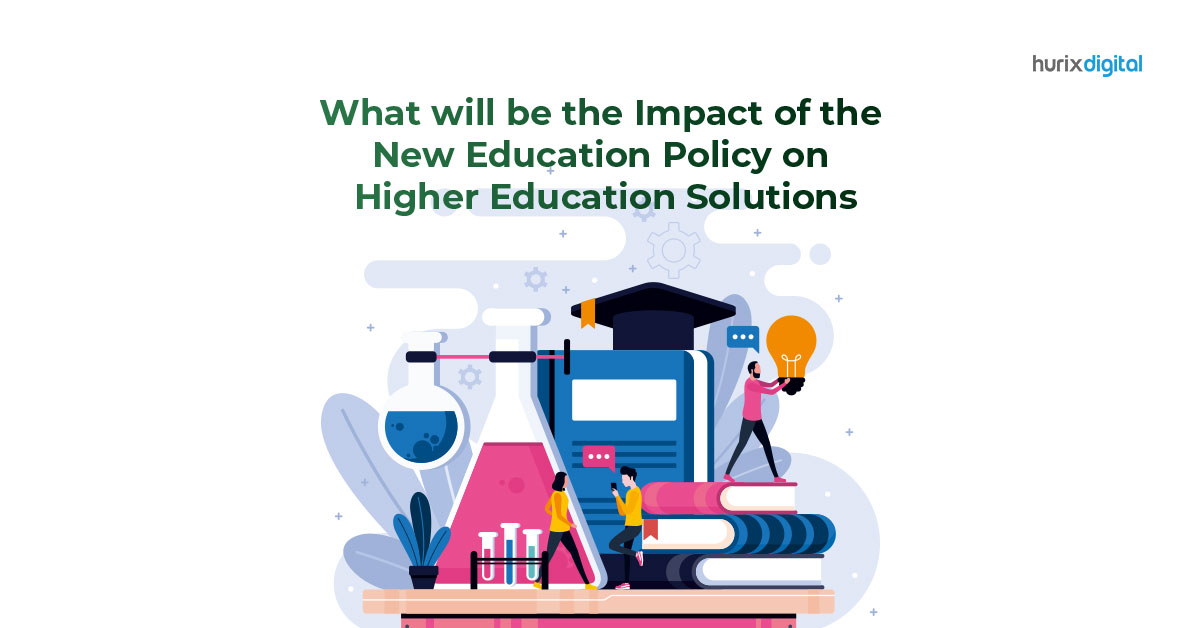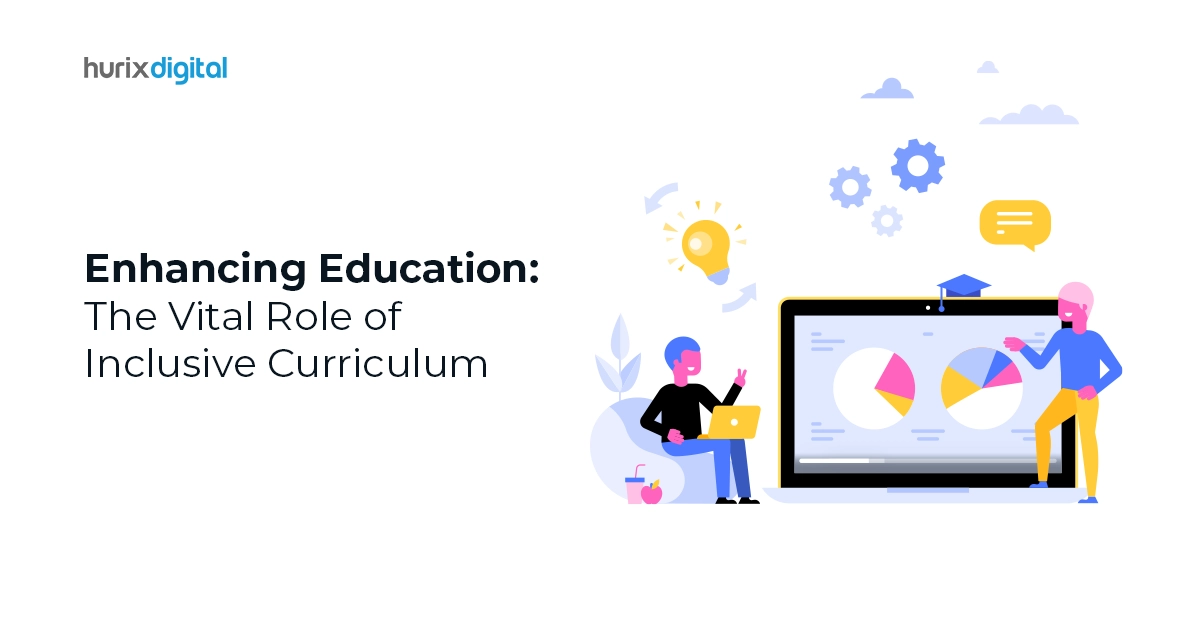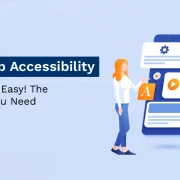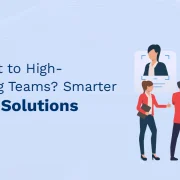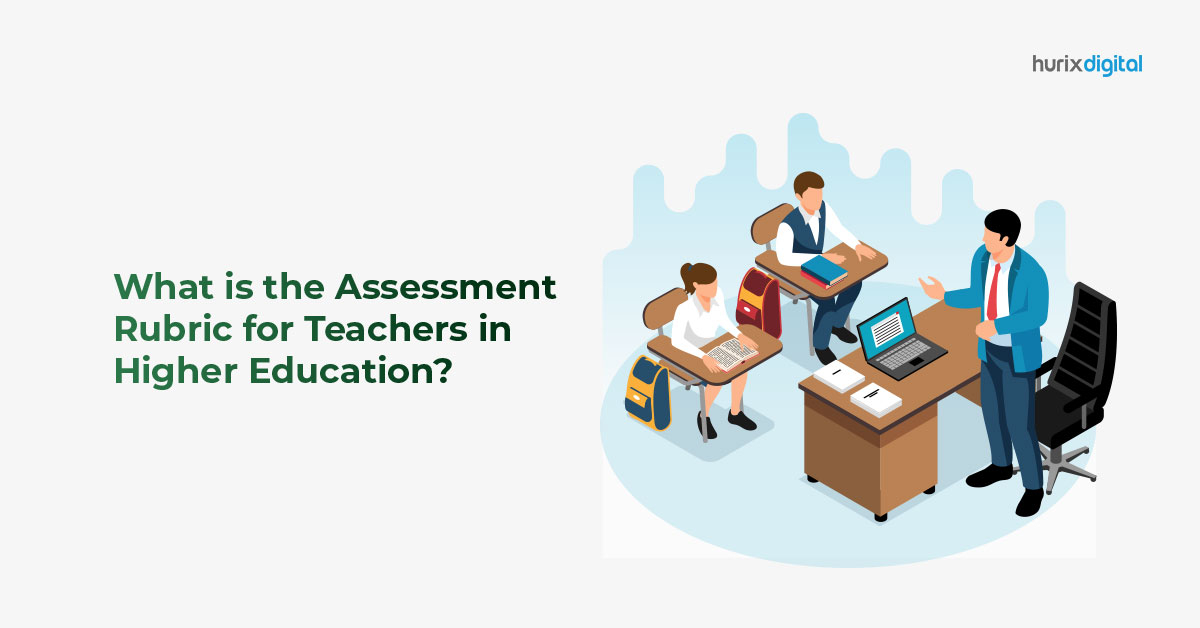
What is the Assessment Rubric for Teachers in Higher Education?
Summary
This article explains the concept of assessment rubrics in higher education, detailing how they help teachers evaluate student performance and maintain consistency in grading.
As is the case with any profession, the role of teachers has greatly evolved in the digital economy. With the entry of digital into the educational sphere, the learning methodologies, access to resources, and focus on learning are shifting to prepare students for the contemporary world of work.
Students’ expectations, too, have evolved. For instance, today, students have access to several interactive learning resources available on-demand at the tips of their fingertips. They are more likely to leverage a mobile-first learning approach.
Schools and K12 assessment companies working with a network of teachers are grappling with ways to keep their workforces more relevant. However, teachers themselves have the power to self-assess their progress and keep disrupting themselves.
In this blog, we explore the role of assessment in higher education and how teachers can leverage the Teacher’s Self Assessment Rubrics or TSAR framework to enhance performance and stay relevant in today’s educational world.
Table of Contents:
- Challenges of K12 Assessment Companies
- Teacher’s Self-Assessment Rubrics (TSAR)
- Benefits of TSAR
- The Takeaway
Challenges of K12 Assessment Companies
The continuous and sustainable professional development of teachers is a challenge faced by schools and K12 assessment companies. Here is a snapshot of immediate concerns:
- Technology is making education immersive and interactive for students. But teachers may not have the necessary training to shift to blended learning.
- The nature of teaching itself is experiencing a gradual shift. Contemporary teachers are nudging students towards self-learning, collaborative learning, and virtual learning. But many teachers are unprepared for this paradigm shift.
- Innovative techniques such as project-based learning and flipped classrooms have gained importance in the teaching profession. For instance, a study reveals that students exposed to flipped classrooms displayed increased learning motivation, which resulted in higher levels of comprehension. But teachers may not have the exposure to such techniques.
- Education is becoming more accessible to a wider spectrum of learners who are overcoming various challenges and barriers. Teachers must embrace the accessibility mindset to continue thriving in their role. However, this shift requires exposure and introspection.
Teacher’s Self-Assessment Rubrics (TSAR)
A rubric is a set of criteria identified to assess the performance standard of an area of work. Various types of rubrics can be designed based on outcomes that need to be driven. So, what is a rubric in education?
Here is an example.
The Teacher’s Self Assessment Rubrics (TSAR) is a set of guidelines identified by the National Council of Educational Research and Training (NCERT) in 2013 to help teachers self-assess their performance. Here is a snapshot of the six performance standards which form the rubric for TSAR:
Performance Standard 1: Designing Learning Experiences
Based on student data and experiences, teachers can customize classroom activities, pedagogical strategies, learning resources, outcomes, and assessment procedures to serve the real needs of students.
Performance Standard 2: Knowledge and Understanding of Subject Matter
Teachers must demonstrate a thorough understanding of the curriculum and subject content and continue to update their knowledge based on new developments in the field. The ultimate aim is to provide students with relevant learning experiences.
Performance Standard 3: Strategies for Facilitating Learning
The shift to facilitated learning requires that teachers nurture a safe, student-centric space for learning while also hosting specific interventions based on individual learning needs.
Aspects such as communication, collection of data, analysis, and feedback to students are core ingredients in facilitated learning and must be imbibed in the learning process.
Performance Standard 4: Interpersonal Relationships
Teachers must build a collaborative framework with all ecosystem stakeholders – colleagues, parents, students, and relevant communities – to strengthen learning impact.
This framework mirrors collaboration in the real world and nurtures the collaborative skills of future learners.
Performance Standard 5: Professional Development
Teachers must commit to a code of professional ethics, which nurtures innovation through dedicated classroom and learning research. They play an important part in the process of evolving the learning journey and pedagogy for learners.
Performance Standard 6: School Development
The teacher can play an important role in developing the schools and K12 assessment companies they are associated with.
On the other hand, institutions can benefit from teachers’ input when making important decisions because teachers bring with them a wealth of knowledge, data, and experience that can be extremely valuable in the decision-making process.
Benefits of TSAR
The TSAR framework aims to help teachers by providing a qualitative framework for self-assessment and self-improvement. It serves as a tool that includes all the key areas of importance. So, does it work?
Here is what a study indicated. Learners were asked to rate their learning experiences over a three-year time frame after the introduction of a self-assessment framework for teachers.
Students rated their experiences more positively, as the framework nudged teachers to invest in themselves. For instance, the quality of information improved from a score of 1.18 to 1.32, and teacher competence (professional and pedagogical) grew from 1.20 to 1.50.
Here’s a snapshot of the benefits of using rubrics for assessment for teachers in schools and K12 assessment companies if applied consistently:
- This is an opportunity to grow a culture of reflection in the teaching-learning process and institutionalize this value.
- Challenges faced by teachers can be identified and addressed with innovative solutions.
- The strengths of teachers can be identified and leveraged better in the learning workflow.
- Self-assessment helps enhance the role and proficiency of teachers when they organize classroom and non-classroom-based activities.
- A wider range of gaps can be identified, and the necessary support and mentorship can be proactively provided.
- As teacher proficiency improves, they experience a natural boost in self-confidence and motivation levels.
- The biggest impact will be an enhanced learner experience and improved learning results.
The Takeaway
Learning institutions such as schools, or K12 assessment companies, can further help institutionalize quality assessment in higher education by ensuring a robust learning environment for teachers. Technology can play a key role in consistently scaling this process.
For instance, Artificial Intelligence (AI) and cloud-based Learning Management platforms make it simple to roll out such programs quickly and measure impact through extensive data-driven insights.
Partnering with a technology specialist with a deep understanding of the K12 learner space is the right approach to building a relevant, customized solution for your company’s specific needs.
K12 assessment companies looking to transform learning can leverage the expertise of Hurix Digital through the use of innovative, technology-driven solutions. Our in-house teams bring their extensive knowledge to fuel tech-enabled environments for high-quality, scalable education providers.
Get in touch with us to start a conversation.
Also Read – Importance of Summative Assessment and the Types of Assessment in Higher Education

Performance, Results, Growth, and Life-Long Learning define my professional life. I am passionate about making workplace learning planful, purposeful, and impactful. I take pride in partnering with clients and bringing them the best in learning design and creating solutions that address business challenges.

